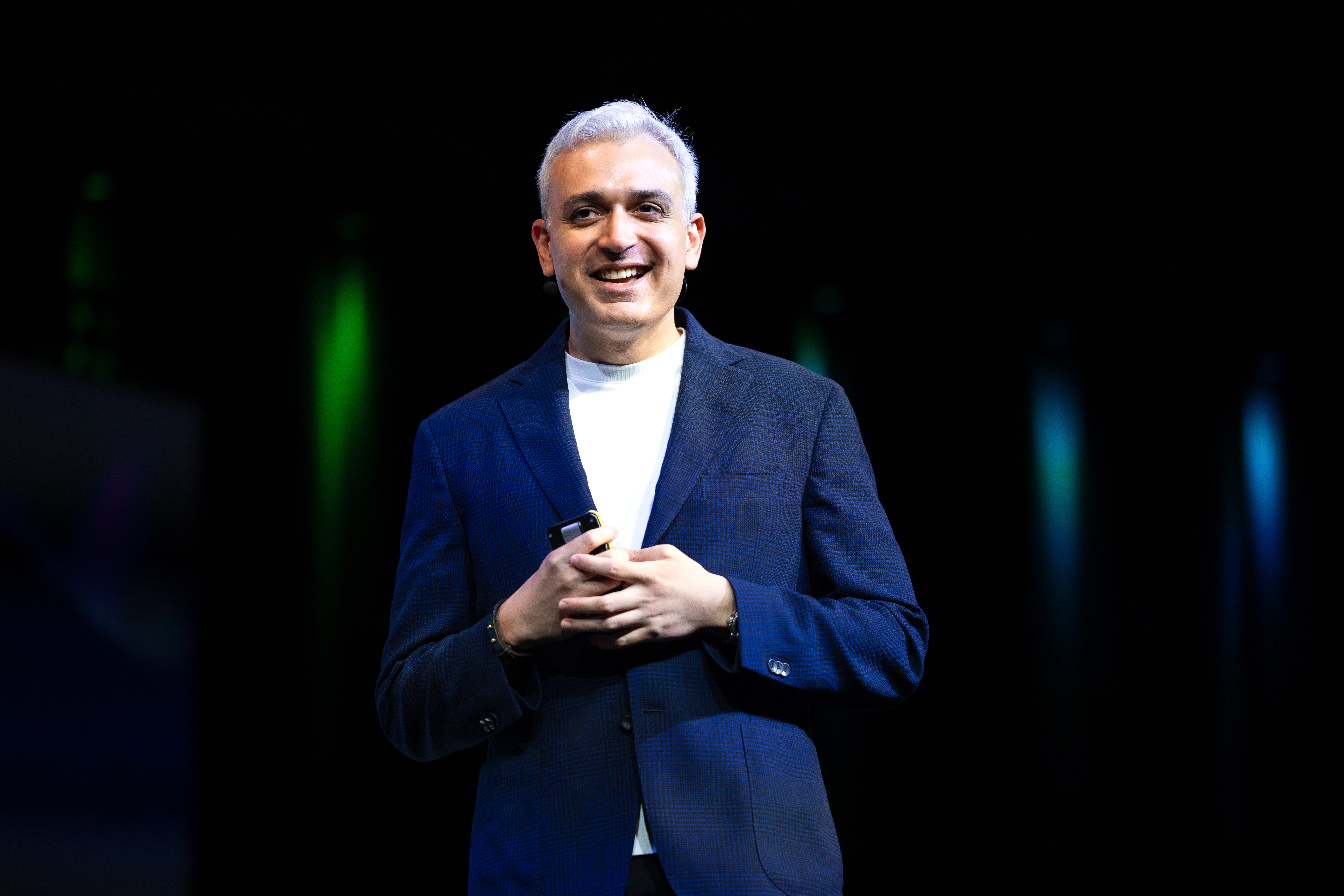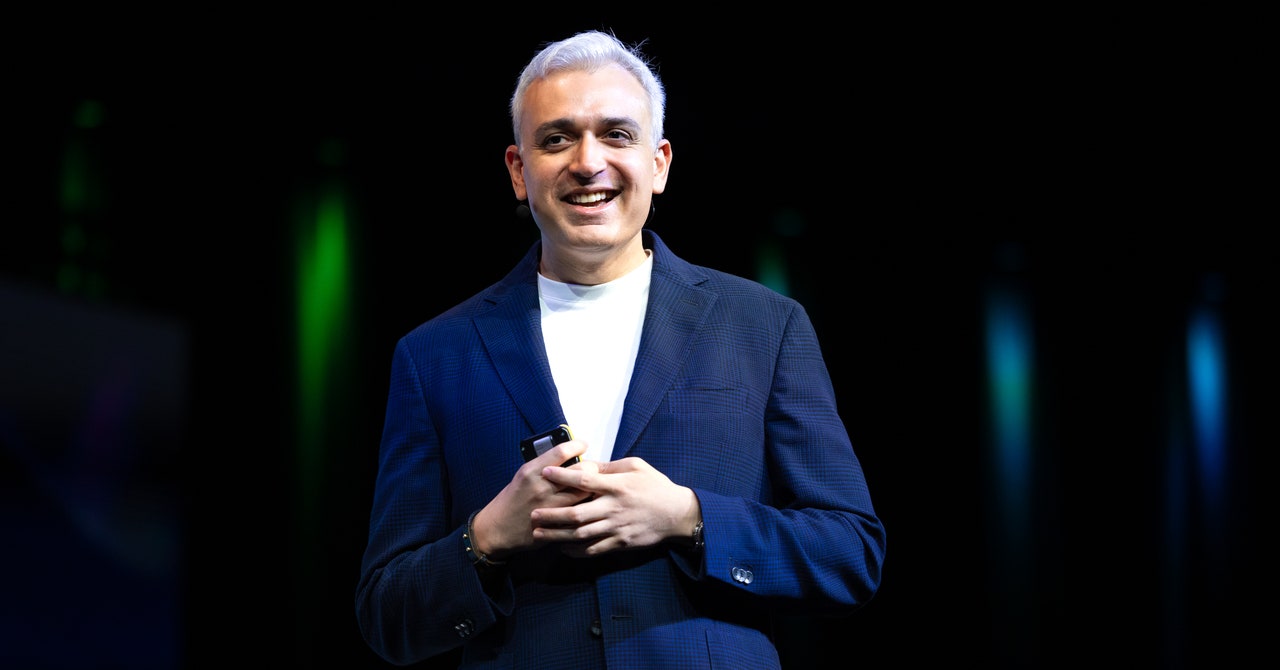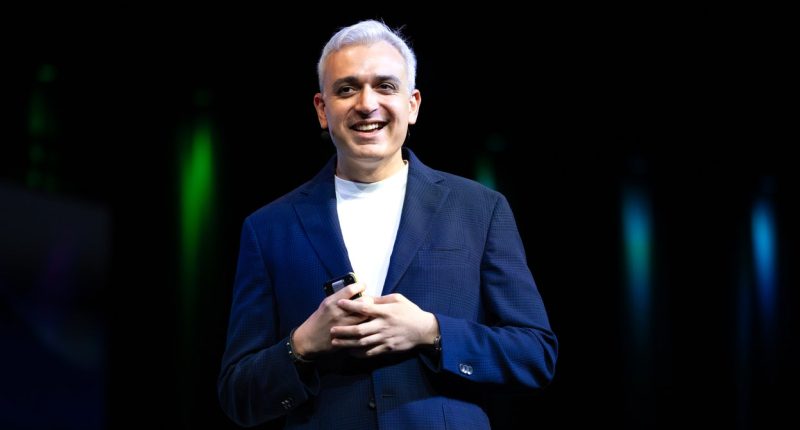

In September 2017, Singapore-based lawyer Pav Gill took a job at Wirecard, a high-flying German payments business worth tens of billions of euros. Not long after he started, he heard from a colleague that an executive at Wirecard Asia, the region Gill was responsible for, had allegedly been teaching staff how to trick auditors into thinking the firm had money it didn’t have.
Gill quietly began an investigation, codenamed Project Phoenix. The results were damning: Wirecard had been fudging its numbers. But when the board of directors caught wind of his work they got “very upset,” says Gill. He was ordered to stand down, and his investigation came to nothing.
The head of Wirecard Asia began to make Gill’s life “pretty horrible,” he claims, yelling at him in front of colleagues and attacking the quality of his work. He was effectively forced out. But before he left, in September 2018, he loaded a harddrive with an 85GB payload of email data tied to the investigation. It was filled, he says, with “irrefutable” proof of wrongdoing.
Even after Gill left, Wirecard continued to haunt him. At job interviews, he felt the questions were disproportionately focused on the reason for his departure. Gill also began to suspect the firm was having both him and his mother followed (Wirecard had previously surveilled its detractors, but this was never proven in Gill’s case). But he never intended to leak the email data he’d extracted. It was a defensive maneuver. “As a lawyer, it is ingrained that you are not meant to leak, no matter how bad the situation,” says Gill.
In the end it was his mother, Sokhbir Kaur, who took action. Without Gill’s knowledge, she had been liaising with the Financial Times, which had been investigating Wirecard for years. She had snatched the whistle and blown it on Gill’s behalf. He was beside himself. But after some debate, he agreed to give the reporters the data: Why should they be the ones living in fear when the truth was on their side?
The first story based on Gill’s data was published in January 2019. By April 2020, a KPMG audit had found that the “lion’s share” of Wirecard’s profits could not be verified. Later, EY, the company’s original auditor, discovered that €1.9 billion was missing, because the money had never existed. By June 2020, Wirecard had collapsed into insolvency. Gill had played an indispensable role. Five years after leaving, Gill says he has “no regrets” about blowing the whistle, but that it did lead to a great deal of hardship. So now he’s trying to make the process safer.
Gill is the cofounder of Confide, a startup aiming to help businesses detect and act on misconduct earlier—and stop them “taking revenge” on the employees that report it. Confide, cofounded with Ryan Dougherty, who Gill had hired at two previous companies, has developed a software platform that allows employees to file anonymous reports. The service creates a paper trail visible to both the whistleblower and the business accused of misbehavior—but one that’s stored on third-party infrastructure to prevent it being doctored.









